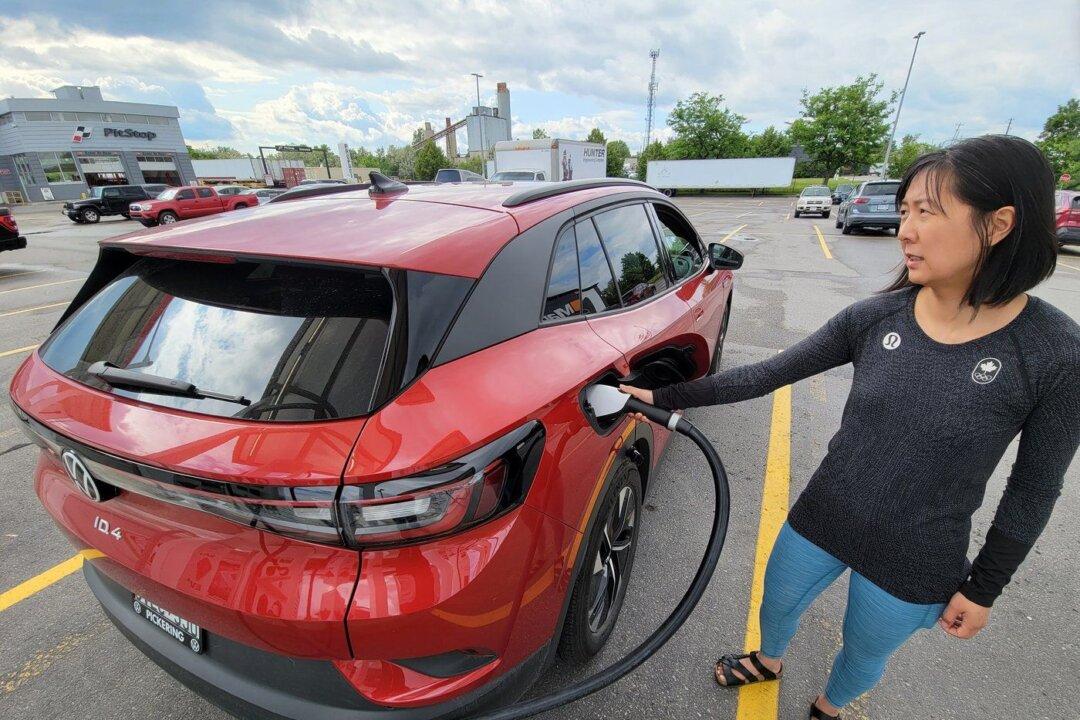After signing deals committing over $31 billion in funding for large automakers, Industry Minister François-Philippe Champagne’s department says Canada is confident that its large subsidies for electric-vehicle (EV) battery manufacturing plants will create an overall benefit for the country’s economy.
“Canada is in the driver seat with investments that have been secured across the electric vehicle supply chain that will benefit all Canadians,” said an internal briefing note, titled “Automotive Industry Zero Emission Vehicles,” and obtained by Blacklock’s Reporter.





